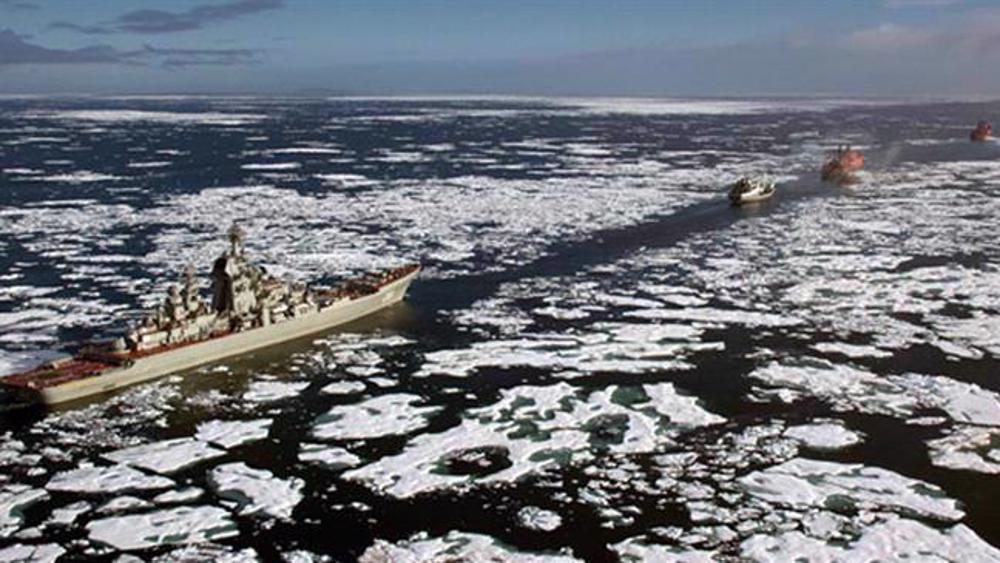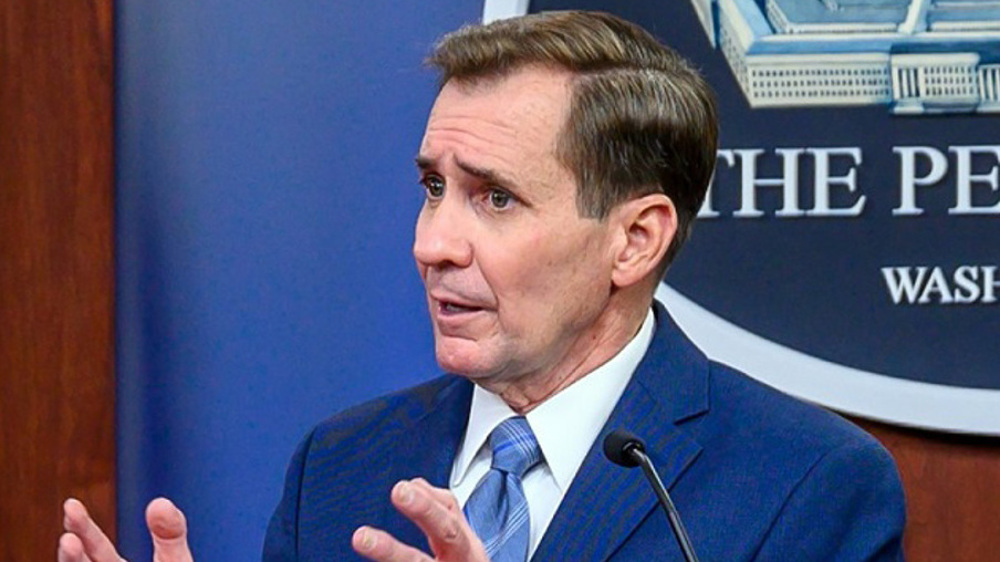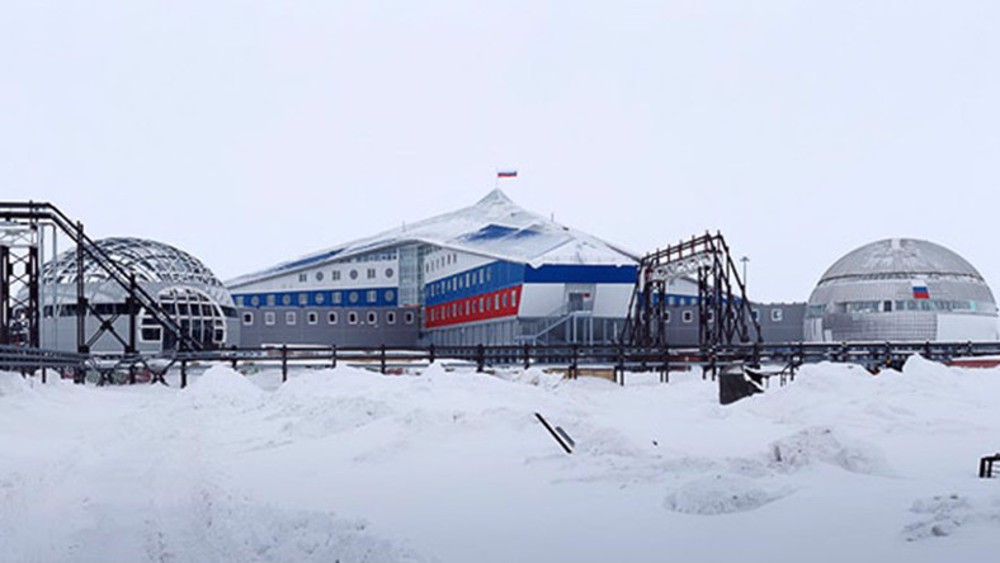Russia: US military provoking tensions in Arctic
Russia says its activities in the Arctic do not pose a threat to any country, and that the United States military is escalating tensions in the resource-rich region by conducting provocations.
Russian Foreign Ministry spokeswoman Maria Zakharova made the remarks at a press briefing on Friday, in response to recent US reports about Russia's "unprecedented military might in the Arctic."
"Russia does not do anything in the Arctic that would contradict international law or pose a threat to other countries. If we talk about possible sources of the escalating regional tensions, it would be logical to say that this is the military activity of the US and its allies in the Arctic, which is accompanied by belligerent rhetoric," Zakharova said.
"NATO and its member states, including non-Arctic nations, stage provocations there, and it happens on an increasingly regular basis," she added.
US Department of Defense spokesman John F. Kirby said on Monday that the Pentagon was closely monitoring Russian activities in the Arctic shelf, indicating that the United States was anxious about increasing Russian presence in the region.
Kirby said the US understood that the Arctic region was becoming "vulnerable to expanded competition." The Pentagon press secretary emphasized that the US military would protect its "national interests" in the Artic.
The US, Canada, Denmark, and Norway have all been competing with Russia to assert jurisdiction over parts of the Arctic, as melting Arctic ice opens up new opportunities for tapping resources and new shipping routes.
The Pentagon has formerly claimed that, "Strategic competitors may undertake malign or coercive activities in the Arctic in order to advance their goals for these regions," and emphasized that the Defense Department "must be prepared" and take "appropriate actions" in the Arctic.
Russia has been heavily investing in the exploration and development of the Arctic in recent years, as melting ice opens shipping lanes and reveals incredible riches.
The current race for increasing presence in the region comes as the North Pole is plagued by an unprecedented heat wave that is threatening a global rise in sea levels.

Trump Ukraine mediation muddle

Ukraine peace talks downgraded in London as Kiev rebuffs Trump’s proposal

US plan requires Ukraine to give 20% of territory to Russia: Report
Iran condemns Israeli attacks on Gaza tents as 'clear proof of war crime'
Syria’s HTS seeks normalization with Israel, Jolani writes to Trump
Iranian FM Araghchi heads to Muscat for indirect talks with US
Trump Ukraine mediation muddle
US nuclear weapons costs projected to soar to $946 billion
Yemen downs seven US Reapers worth $200 million in six weeks
VIDEO | Immigrant voices unite in New York against global far-right surge
Iran rejects 'baseless' Dutch claims about plotting assassinations










 This makes it easy to access the Press TV website
This makes it easy to access the Press TV website